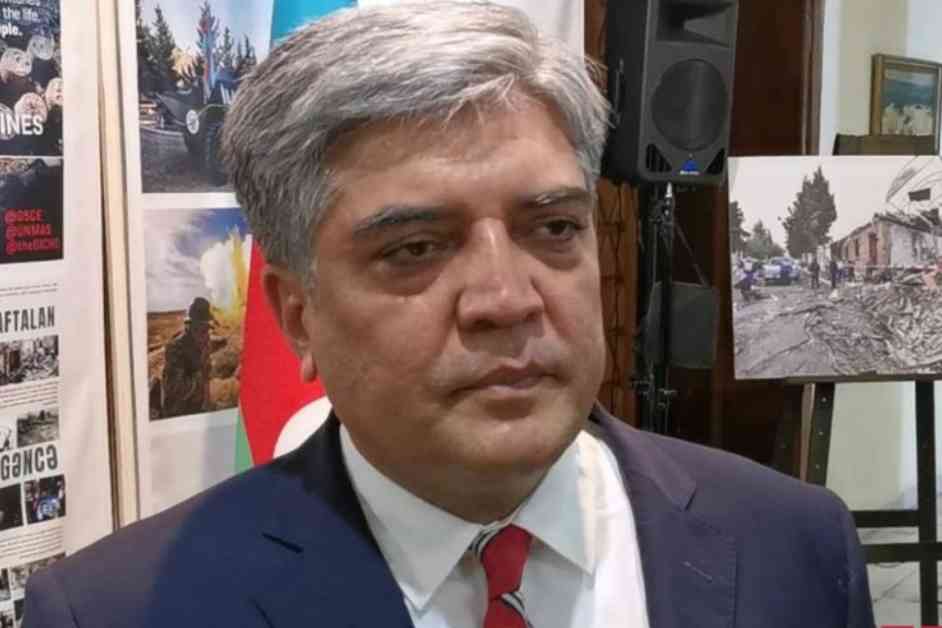Pakistan’s Counter-Terrorism Stance Amid India-US Dispute
The recent joint statement released by India and the United States has sparked controversy and raised eyebrows in diplomatic circles. Pakistan’s Foreign Office (FO) swiftly dismissed the statement as “one-sided, misleading, and contrary to diplomatic norms,” further emphasizing the need for a balanced perspective in international relations.
**Unfounded Accusations and Controversial Claims**
Following a meeting between US President Donald Trump and Indian Prime Minister Narendra Modi, the joint statement accused Pakistan of involvement in the 2008 Mumbai attacks and alleged support for extremism. The terse language used in the statement prompted a swift response from FO spokesperson Shafqat Ali Khan, who expressed surprise at the unilateral nature of the accusations.
Khan emphasized Pakistan’s extensive counter-terrorism cooperation with the US, highlighting the country’s unwavering commitment to combatting terrorism on a global scale. He refuted the claims made in the statement, shedding light on India’s own controversial track record in the region, including human rights violations and its role in fostering regional instability.
**International Responsibility and Regional Dynamics**
The FO’s criticism extended to India’s non-compliance with United Nations Security Council resolutions, a key factor contributing to regional tensions and instability. Khan underscored the need for a holistic approach to security issues in South Asia, urging international partners to adopt a more nuanced perspective on the region’s complex dynamics.
Moreover, concerns were raised about the United States’ increasing military sales to India, with Khan cautioning against exacerbating the military imbalance in the region. Such moves, he argued, could undermine efforts to achieve lasting peace and stability in South Asia, calling for a more objective assessment of the security situation.
**Extradition and Security Challenges**
In a significant development, US President Donald Trump announced the approval of the extradition of a suspect in the 2008 Mumbai terrorist attacks, a move that has implications for US-India-Pakistan relations. The suspect, identified as Tahawwur Rana, a Pakistani-origin Chicago businessman, is set to face justice in India for his alleged role in the attacks.
The joint statement also called on Pakistan to cooperate in bringing those accused of extremist attacks to justice and preventing the use of its territory for extremist activities. Pakistan’s consistent denial of these accusations underscores the complex web of security challenges facing the region and the need for multilateral cooperation in addressing them.
As tensions simmer and diplomatic maneuvering continues, the delicate balance of power in South Asia remains a focal point for policymakers and analysts alike. The interconnected nature of security dynamics in the region underscores the importance of dialogue, cooperation, and a nuanced understanding of the complex challenges at hand.
The extradition of Tahawwur Rana and the broader implications for regional security underscore the multifaceted nature of the India-Pakistan-US trilateral relationship. As these developments unfold, the need for constructive engagement, respect for international norms, and a commitment to upholding peace and stability in the region remains paramount.









